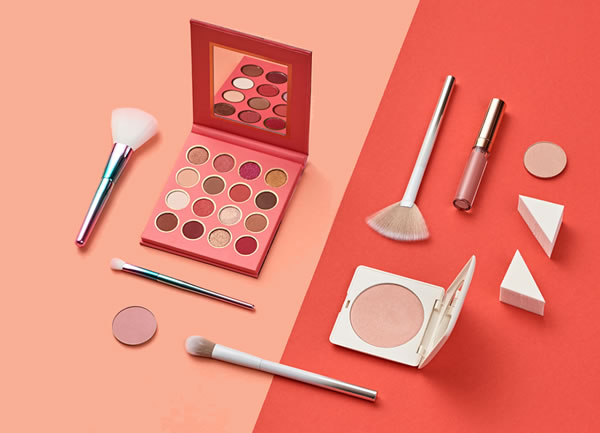You may have read in the Daily Mail of the tragic case of the lady whose mother died of ovarian cancer and the references in the article to the use of talc. As a result, you may now be concerned regarding the safety of cosmetic talc. To help allay any such fears, CTPA would like to explain why cosmetic talc is safe. We do not wish to cause distress to anyone who has been involved in similar cases, but the facts from science are clear. The cause of ovarian cancer is largely unknown, but there is a wealth of scientific evidence to show the use of cosmetic talc is safe.
Dr Chris Flower, a Chartered Biologist and toxicologist and former Director-General of the Cosmetic, Toiletry and Perfumery Association, says:
"The latest article quotes statistics which could cause alarm. The increase in risk from use of cosmetic talc reported in some studies and quoted in the Daily Mail, although sounding significant, is actually a very small increase in an already small risk, whilst other studies report no increase in risk at all. The types of study quoted are prone to bias, such small increases are not taken by experts as an indication of any possible cause-and-effect link. In essence, this means that avoiding cosmetic talc will not reduce the risk of ovarian cancer."
Unfortunately, the Daily Mail article failed to place the scientific facts into context in spite of CTPA having presented the journalist with all of that material and answering her questions in great detail.
The article also gets basic information wrong. For example, in the article it is stated that "Raw talc is made by finely grinding magnesium and silicon, extracted from rocks. Until purified, this can also contain the cancer-causing mineral asbestos." This is not true. Talc is not made by finely grinding magnesium and silicon but is mined from the ground as magnesium silicate itself. Most importantly, cosmetic talc does not require purification to remove asbestos fibres as it does not and must not contain asbestos fibres in the first place.
Confidence in Cosmetic Talc
We can be confident that the talcum powder we use on ourselves and our children is safe as cosmetic talc is subject to the very strict laws for cosmetic products which ensure high levels of product safety. Only the purest grades of talc are used in cosmetic product and talc has an extremely long history of safe use.
See our in-depth section on talc to find the facts about its long history of safe use and the independent scientific studies that confirm talc safety.
Read more
To read more about understanding statistics and epidemiology studies in general, see Sense About Science's information leaflets 'Making Sense of Statistics' and 'Sense about Systematic Reviews'
Cancer Research has information about risk and different cancers, including ovarian cancer.

